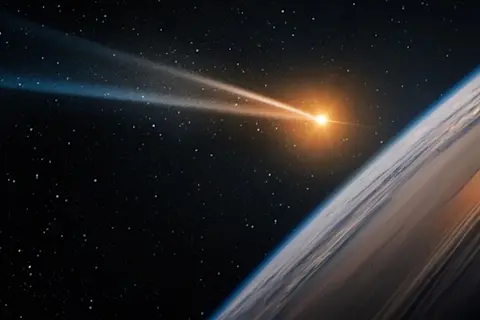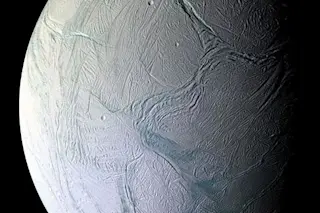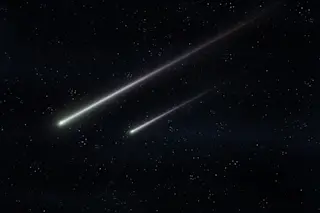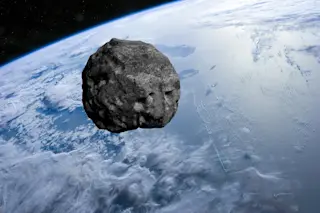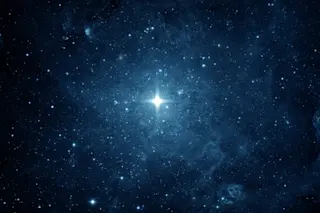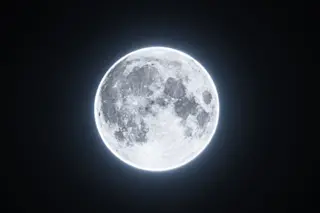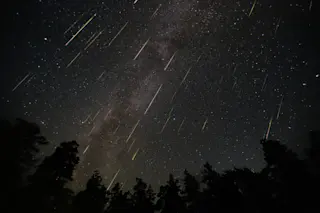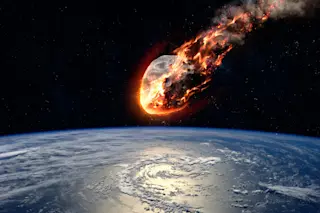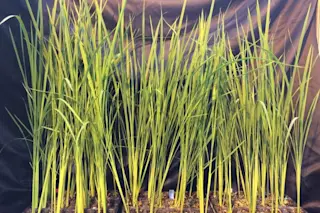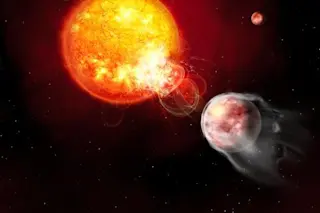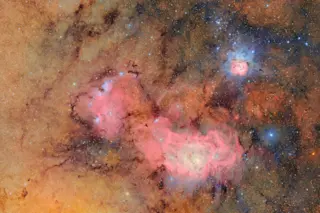One of the world’s greatest mysteries is how life on Earth began. Scientists have long sought to decipher where and how prebiotic molecules — those that preceded life — emerged. A new study suggests that the answers lie somewhere out in space, based on a recreation of the conditions in interstellar clouds that likely gave our planet a biological jumpstart.
The study, recently published in the Proceedings of the National Academy of Sciences, indicates that asteroid and comet impacts possibly supplied Earth with molecules essential for life-sustaining chemical reactions. It also signals that a better understanding of outer space chemistry could even hold implications for life elsewhere in the universe.
Life arose on Earth somewhere between 3.5 billion years and 3.8 billion years ago, yet the circumstances that allowed this to happen have been subject to constant speculation. Scientists are concerned with how abiogenesis — the inception of life from ...
